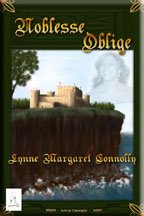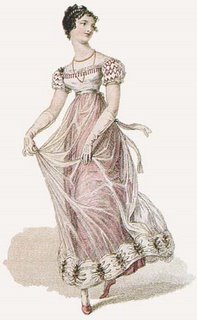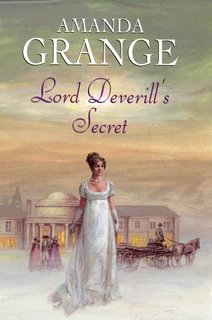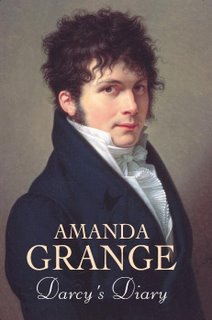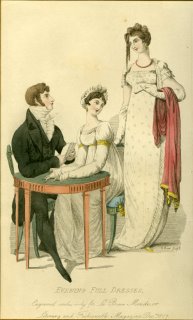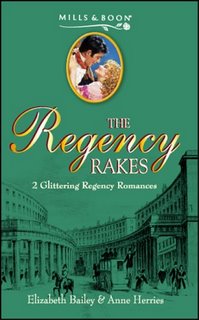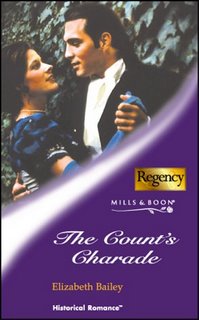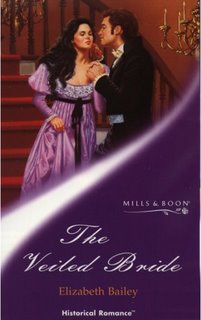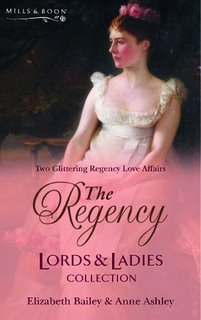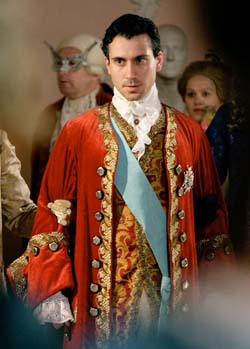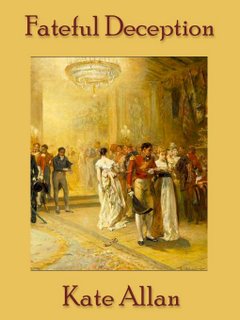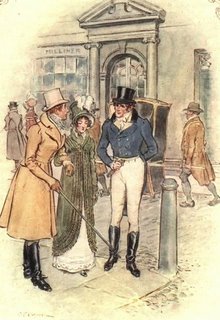Most of my novels have a simple starting point. Sometimes they start with the characters, sometimes I’ll envision a scene and see where it takes me. But with Stormcrow Castle - the book I have just sold to my publisher - it was much more complicated.
A few years ago, I was lamenting the death of the Gothic romance. As a girl, I read many such books and I loved them. Jane Eyre and Rebecca were two of my favourite novels, and I soon discovered Victoria Holt, whose books enthralled me. But Gothic romances, full of mysterious old houses, secret passages, lanterns bobbing across the moors /swamps/ beach late at night and brooding, dangerous heroes, no longer seemed to be in fashion.

I decided I wanted to write one, and Carisbrooke Abbey was the result. I had no idea if my publisher would take it, as my Regencies had been, up until then, more like Georgette Heyer’s adventurous books, but luckily they liked it, and it was published in 2004. I awaited the reviews anxiously, because I had no idea if I was the only person who longed for the comeback of the traditional Gothic romance.
I had my answer when I read the Historical Novel Society’s review of the book. “I am delighted to see the return of the Gothic novel,’ it said, ‘and one so skilfully handled.’
I was delighted and relieved. I put a copy of the review on
my website and the reviewer, Pamela Cleaver, emailed me to say she’d seen it there. This was the start of a long email friendship. Like me, Pam loved Gothic romances, and her review – as well as positive reader reaction to the book – gave me the confidence to write another Gothic romance.
I was at that time just embarking on a new book. I had the opening scene but nothing else: the heroine was walking across the moor in the fading light of an English winter’s day, when a coach pulled up beside her and the man inside said, ‘You’re late. Get in.’ Late? thought the heroine, feeling distinctly unsettled. But I didn’t tell anyone I was coming.
I liked this opening, because it posed a lot of questions. Why was the heroine walking across the moor? Where was she going? Why did the gentleman want her to get into the carriage? Who was he? Where was he going, and why did he say she was late - particularly as she was unexpected?
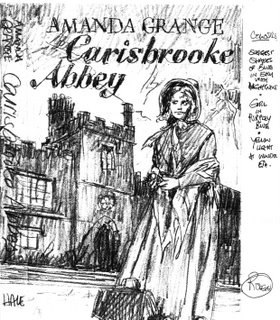
I had been toying with a few ideas about her destination, and suddenly two different strands of my writing life came together to give me the answer. One was the decision to make it a Gothic, the other was a cover sketch I had received some time before, which was the proposed jacket design for Carisbrooke Abbey. I loved the design, but the building was not as I’d described it in the book. It looked more like a castle than an abbey, to me. I asked for it to be changed, and the finished cover can be seen above. However, I still loved the original sketch, and I knew I wanted it to be used as the basis for a cover at some point. I decided that the time had come, so I had my heroine – and hero – both heading for a castle.
But what to call the castle?
Somehow, I already knew that my hero, Simon, was a brooding man with secrets, and I knew that he was running from them. At once, I saw him as a stomrcrow – a bird of ill omen, who flies before the storm – and I knew that Simon was flying before the storm of his problems. The castle’s name was now clear to me: Stormcrow Castle.
I loved the title. It created the Gothic mood, it had overtones of dark skies and the rumble of thunder, and of Simon as a man trying to outrace trouble. Once I had the title, I began to see him fully, his past as well as his present, and I began to write . . .
If you, too, love Gothics, then look out for Stormcrow Castle next year.
Amanda Grange



